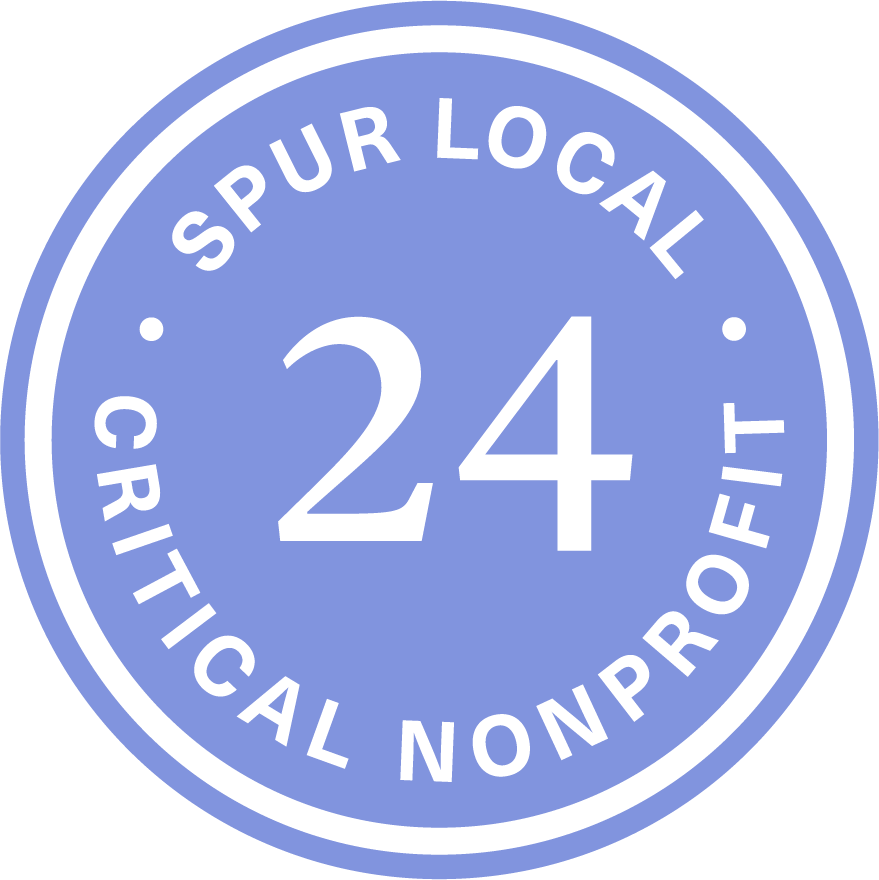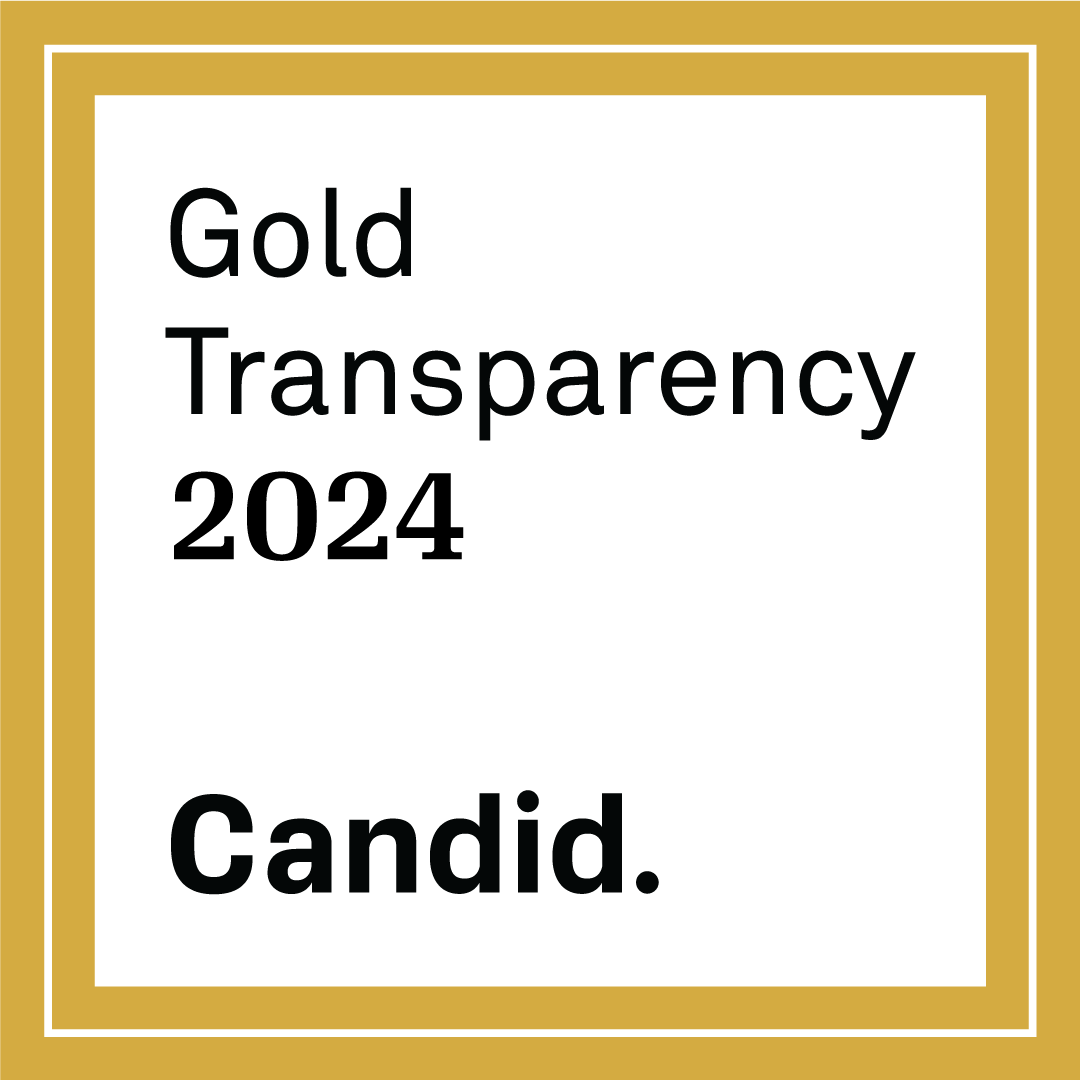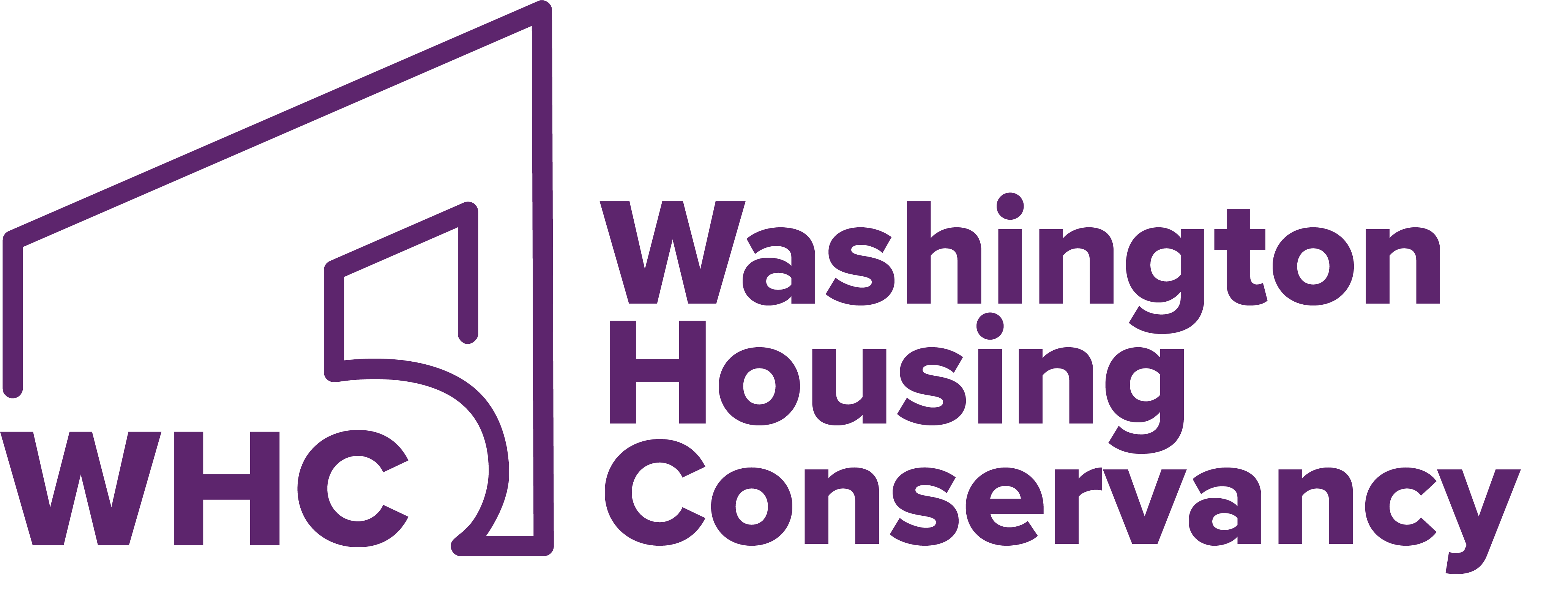![FHS23 POI Pull Quote Graphics_Driggins-Kimberly [16-9] 231009](https://washingtonhousingconservancy.org/wp-content/uploads/2023/10/FHS23-POI-Pull-Quote-Graphics_Driggins-Kimberly-16-9-231009.jpg)
WHC’s Executive Director Kimberly Driggins was included in the Milken Institute‘s essay collection Power of Ideas leading up to their Future of Health Summit in November. Check out her essay on placemaking, community building and combatting the growing epidemic of loneliness. This article originally appeared in the Power of Ideas.
In the United States, there is an epidemic that is as lethal as smoking 15 cigarettes a day. It’s been linked to heart disease, strokes, dementia, and other ills. In a report this year, the US surgeon general declared loneliness and isolation a public health crisis worthy of a national advisory.
While our country’s physical infrastructure—roads, bridges, tunnels, and fiber networks—grab attention and public dollars, our social infrastructure is too often overlooked. At its heart are programs and policies that build relationships and foster a vital sense of belonging and connection. The absence of these community connections is particularly acute for people whose isolation and disconnectedness are driven by housing insecurity.
As housing costs continue to rise, pricing more and more people out of their homes, families and individuals become rental nomads. To interrupt the constant disruptions and ease the chronic stress, we need to do more than help our neighbors find the security of a roof overhead. Greater health and well-being also depend on finding new ways to live in community with others and feel connected to the places where we live. We call it placemaking.
This placemaking doesn’t happen by accident. It requires an intentional focus. At my organization, the Washington Housing Conservancy, we are harnessing real estate capital and expertise to purchase thousands of units in high-opportunity neighborhoods at risk for redevelopment and gentrification. We offer residents peace of mind from escalating rents, which opens the door to opportunity for themselves and their families. But beyond affordable rent, we want to give residents dynamic, attractive, and close-knit places—mixed-income communities where residents want to live.
By employing expertise in intentional placemaking and community-building strategies, we foster inclusion, a deeper connection to community, cultural affirmation, and a collective stewardship of and responsibility for our home environments.
From providing affordable childcare and career development to opening access to healthy foods, our robust commitment to resident opportunity and wellness optimizes the ways in which mixed-income communities become places of trust and belonging. We also advance the sense of shared cohesion that can bridge differences. Our work is rooted in an approach developed by Trusted Space Partners & NIMC and we introduce new routines and practices, such as:
- Neighbor Circles—small groups of residents and some staff that form around a specific interest or goal; they are resident-led and connect neighbors in both practical and meaningful ways.
- Neighbor-Up Nights—community gatherings that provide opportunities to connect in conversation around resident interests and to exchange gifts and talents through a marketplace.
- “Treasure Hunting”—approaching interactions with curiosity, searching for gifts and talents of staff and residents.
- Pop-Ups with Residents—staff set up giveaways or invitations to converse with residents in heavily utilized areas of the property.
Ultimately, we empower residents to galvanize the local resources they need and want most.
Equitable access to parks and open space is critical to creating inclusive communities. Access to quality open space is essential for one’s physical and emotional well-being. Public spaces that are revived, connected, and open to all residents promote stronger civic engagement. Importantly, they counter isolation and mistrust—allowing residents from different backgrounds to come together and share experiences and knowledge. The mere fact that people can be present in the same place promotes greater inclusivity. And such inclusive environments become powerful antidotes to loneliness.
There is no “one size fits all” solution to building relationships and connection. It requires active listening, meeting people where they are, and an understanding that the process requires time. Through community building, resident-led participation, and creative placemaking strategies, we foster new opportunities to enrich the community’s quality of life. Technology is part of the solution, letting residents make critical connections with knowledge, resources, and each other. Shared building assets and neighborhood amenities foster a deeper sense of cultural preservation, well-being, and “home.”
Social infrastructure, such as placemaking and community building, isn’t just nice to have. It’s critical to combatting an epidemic of loneliness and promoting greater mental and physical health for our neighbors and our families.

Preserving housing affordability and promoting economic mobility in the DC-region
The Washington Housing Conservancy is a 501(c)(3) non-profit organization. Your investment helps us expand our work. Your gift is 100% tax-deductible. EIN 83-1866109


Privacy Policy Terms & Conditions
Privacy Policy
Terms & Conditions
Get in touch
Follow us
